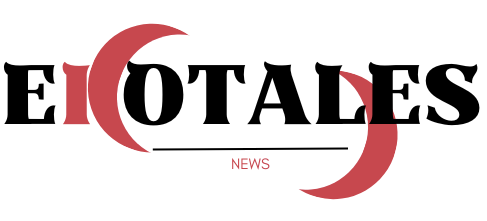In an increasingly interconnected and globalized world, multilingual education has emerged as a powerful tool for fostering language acquisition, promoting cultural understanding, and preparing students for success in the 21st century. By providing students with opportunities to learn and engage with multiple languages, multilingual education equips them with valuable skills and perspectives that enhance their academic, personal, and professional growth. In this blog post, we’ll explore the numerous benefits of multilingual education and the role it plays in shaping well-rounded global citizens.
1. Enhancing Cognitive Development and Academic Achievement
Multilingual education has been shown to have a positive impact on cognitive development and academic achievement. Research suggests that learning multiple languages can enhance critical thinking skills, problem-solving abilities, and creativity. Additionally, students who are proficient in more than one language often perform better on standardized tests and exhibit higher levels of academic success across various subjects. By engaging with different languages and cultures, students develop a deeper understanding of linguistic structures and cultural nuances, which can broaden their perspectives and enrich their learning experiences. Explore resources and articles on multilingual education from reputable sources like The Center for Applied Linguistics and The American Council on the Teaching of Foreign Languages (ACTFL).
2. Promoting Cultural Competence and Global Citizenship
One of the key benefits of multilingual education is its role in promoting cultural competence and global citizenship. By learning multiple languages, students gain insight into different cultures, traditions, and ways of life, fostering empathy, respect, and appreciation for diversity. Multilingual education provides students with the linguistic and intercultural skills they need to communicate effectively and navigate complex global contexts. By fostering an appreciation for cultural diversity and encouraging cross-cultural exchange, multilingual education prepares students to be active and engaged global citizens who can contribute positively to a multicultural world.
3. Facilitating Communication and Collaboration
In today’s interconnected world, effective communication and collaboration are essential skills for success in both personal and professional contexts. Multilingual education equips students with the linguistic skills and cultural awareness needed to communicate confidently and respectfully with people from different linguistic and cultural backgrounds. Whether collaborating on projects, participating in international exchanges, or engaging in cross-cultural dialogue, multilingual individuals are better positioned to bridge linguistic and cultural divides, fostering mutual understanding and cooperation. Additionally, multilingualism can open up a world of opportunities for personal and professional growth, including career advancement and global mobility.
Conclusion: Embracing the Power of Multilingual Education
Multilingual education offers numerous benefits for individuals, communities, and societies as a whole. By fostering language acquisition, promoting cultural understanding, and preparing students for success in a diverse and interconnected world, multilingual education plays a vital role in shaping well-rounded global citizens. As educators, policymakers, and advocates, let us embrace the power of multilingual education and work together to create inclusive learning environments that celebrate linguistic diversity and promote cross-cultural understanding.


